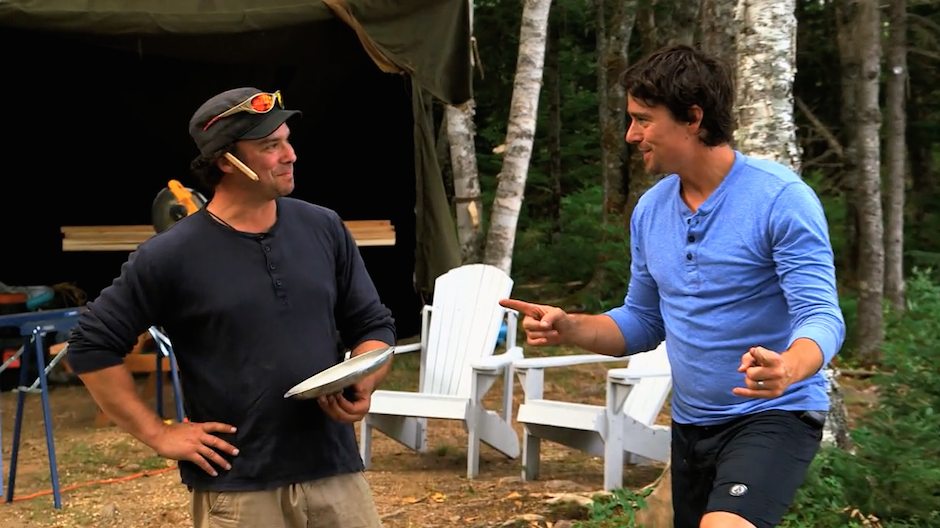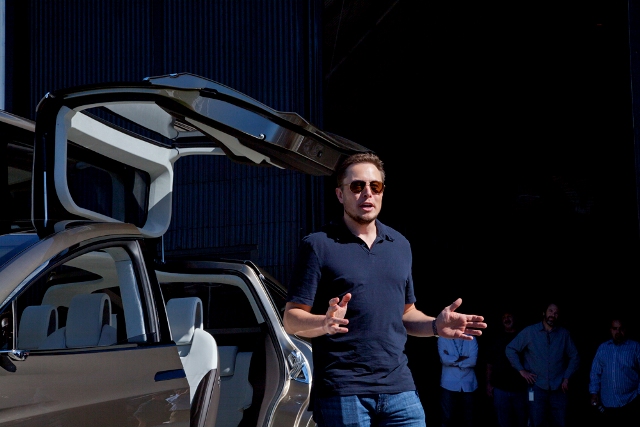Car manufacturers are in a dilemma: to remain requisite to the market forces of the 21st Century, they need to compete in the development of more computerized vehicles; however, while providing more facile options and tools through computerization, they are posing huge security risks that not only endanger passengers, but also company reputation and market share.
The main problem with the advancement of computer systems that are the operating system of the vehicle is that they are desperately hackable. A phone is hackable; but having your phone hacked, while posing significant identity risks, doesn't pose the mortal threat that a vehicle speeding along the highway at 120 KMs does. And the issue is the rapid pace of technological change and concomitant complexity. It's one thing to be on the wrong side of technological change when it's a laptop computer or even phone, but a vehicle carrying our precious lives and loved ones is a completely different, more egregious matter.
Some security researchers recently provided a number of simple tricks hackers can use to hijack a vehicle's breaks and engine. This of course is very serious, and something car manufacturers, and their marketers, will not tell you. As we are moving more into the technological age of vehicles, we are giving up more control of our very lives.
Some researchers now are looking for ways to amend these security issues; however, with more technology comes more complexity, and with more complexity comes more gaps, and thus the need for complex and sophisticated solutions. One possible solution is installing a black box in all vehicles that records all interactions, including hack attacks, that get sent to a centralized network. This would help patch security gaps, and may even provide ways to stop a hack attack in progress.
The problem with all of this is that such patches and security measures will inevitably lead to a decline of civil liberties and freedoms. A black box will record everything about your vehicle, including where you drive and when; and it will provide access to a remote network and group of personnel to take control of your vehicle. This may sound like a non-issue, but are you really willing to trust Ford or GM with the full-extent of your driving patterns and places you visit? And what if their systems malfunction and your vehicle goes into lock-down? You'll lose control to drive it yourself.
This is the problem with our technological age: we are seduced into technology's supposed ease of use, and how it 'helps us do more in a day', but it come with a weighty price tag, namely our liberties and rights to privacy. This may be an old argument, but remains one of the most important areas of risk and vigilance of our times.
These vehicle technologies will continue to disrupt everything. We need to exercise wisdom when seeking to purchase next generation vehicles that may bell and whistle, but are also programmed to lock-down--not at your will, but the will of someone (or some-thing) else.









